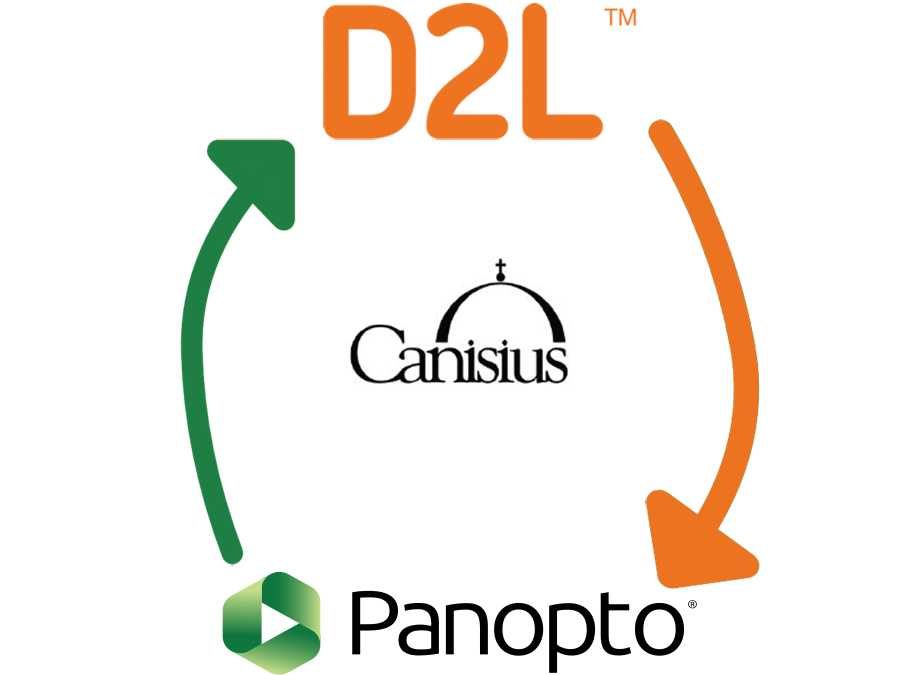by Graham Stowe | Mar 11, 2022 | Faculty

The Writing Center will host its First Annual Ides of March Open Mic on Monday, March 15 at 7:00 p.m. in the Andrew L. Bouwhuis Library room 127. Come read an original or favorite piece of prose, poetry or nonfiction.
Please encourage students to come, you can sign up here.
Submitted by: Graham Stowe, director, Writing Center
by Bethany Voorhees | Mar 11, 2022 | Faculty
As part of Stress Less Day on campus, Tara McPherson, a corporate wellness consultant at Lawley Benefits Group, will present “Mental Health Matters” on Wednesday, March 16 from 12:00 to 1:00 p.m. in Grupp Fireside Lounge.
Mental health disorders are among the most burdensome health concerns in the United States. According to Mental Health America, nearly 1 in 5 American adults will have a diagnosable mental health condition in any given year and 46 percent of Americans will meet the criteria for a diagnosable mental health condition sometime in their life. Burnout is also on the rise. A survey conducted by Indeed in the Spring of 2021, found that over half (52%) of survey respondents are experiencing burnout in 2021 – up from the 43% who said the same in Indeed’s pre-Covid-19 survey. Burnout is not a medical diagnosis, but it can be a step in the path towards other kinds of problems, like depression or anxiety.
During this presentation, McPherson will cover the following topics: an overview of mental health and burnout, strategies for managing mental health and burnout in the workplace, current Canisius College benefits to assist with employee mental health needs, and takeaways for individuals to play an active role in their personal wellbeing journey. In addition, Laura Dlugosz, Wellness Program Manager at Independent Health, will guide us through a meditation exercise at the end of the session.
Please join us on Wednesday, March 16 from 12:00 – 1:00 p.m. in Grupp Fireside Lounge in the Student Center. A boxed lunch will be served. Registration is limited to 80 participants, so registration will be collected on a first-come-first-serve basis. Please RSVP to Bethany Voorhees at voorheeb@canisius.edu by Friday, March 11, and provide any dietary restrictions if applicable.
To RSVP by today, click the following link: https://pp.events/aaOZ5qr5
Submitted by: Bethany Voorhees, executive associate, President’s Office
by Tyler Kron-Piatek | Mar 11, 2022 | Faculty

Occasionally faculty record class sessions as video. For example, this may be done in classrooms or in a Zoom web conference. In either case, there are important legal guidelines we must follow, depending on whether or not students appear within the video recording. These are in accordance with the Family Educational Rights and Privacy Act (FERPA), which protects the privacy of our students and records concerning their education.
- If you record your class, but only you (or your name) appear in the video (along, perhaps, with slides, photographs of your lecture subject, and so on), you are safe to share that video on the web in any arrangement: public, via a hidden link, and so on.
- If you record your class, and any (or all) of your students appear in the video as images or names, then you may only share the video securely with enrolled members of that class. (An exception would be if you had your students’ written consent to share the video with anyone not enrolled in the class.)
The second point is most important: if an identifier for any of your enrolled students appears in the video, that video is considered an educational record, and therefore must not be shared with anyone outside the class without your students’ express written consent. On the other hand, you can share a video of a class, even if students’ image or names appear in the video, with (only) enrolled members of that class without obtaining members’ consent.
Sharing any video with your class securely is easy to do via Panopto. You can add videos to Panopto within any D2L course space. When you do Panopto consults the D2L classlist, and allows only those enrolled in the class to access the video (and no one else.)
Share this:
Submitted by: Tyler Kron-Piatek, academic technologist, COLI
by Tyler Kron-Piatek | Mar 11, 2022 | Faculty
D2L Rubrics are useful tools for grading any assignment. Rubrics can be attached to nearly any activity or grade item and provide a faster and easier way to grade and provide students with immediate feedback.
However, if you want to download the graded rubric for your own records, it is not immediately clear how to do this. You could try to copy and paste the rubric into a table in Word or take a screenshot (or several), but both of these options do not give you exactly what you need and are time-consuming.
View this video to learn how to quickly and easily download a graded rubric from the Student Progress Page.
If you typically attach rubrics to a Discussion Board or Grade item, you can view this page for more detailed information.
Share this:
Submitted by: Tyler Kron-Piatek, academic technologist, COLI
by Tyler Kron-Piatek | Mar 11, 2022 | Faculty

Zoom Waiting Rooms are a useful catch-all for anyone attempting to join your Zoom Meeting. A Waiting Room can provide you with some extra time to set up your meeting if you are running late and allow you to see who is trying to enter your meeting before they are able to join.
For most instructors and staff, the default options of a Zoom waiting room, which includes the name of the Zoom meeting and a short message informing participants that the host will let them in soon, should be enough. However, for those instructors and staff that use the waiting room for office hours or virtual events, it may be useful to edit the waiting room defaults.
Some options include allowing participants in the waiting room to chat with hosts or co-hosts or even allowing certain groups of participants to bypass the waiting room altogether. You can also add a logo or picture and change some of the default messaging.
To learn more about waiting room options, view this video.
For more tutorials on Zoom, please visit the Zoom Wiki Page here.
Share this:
Submitted by: Tyler Kron-Piatek, academic technologist, COLI




